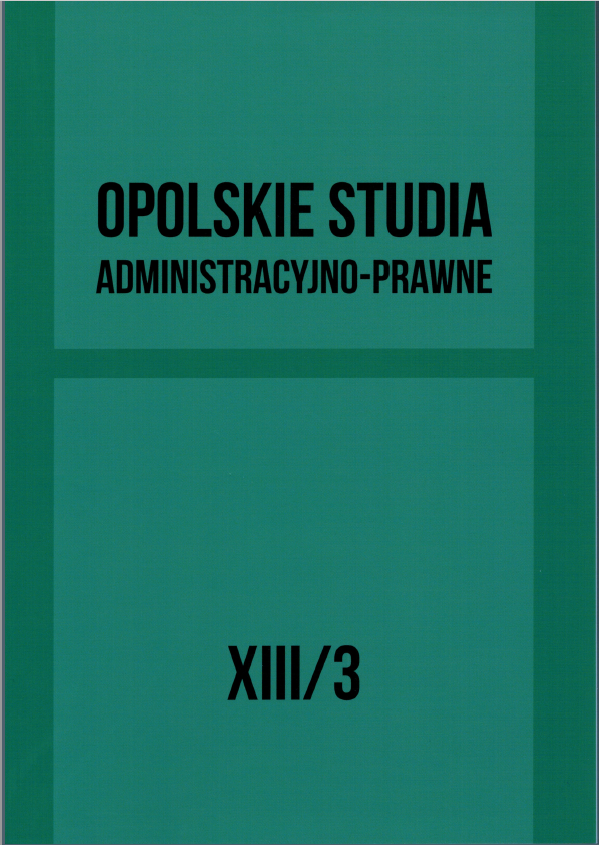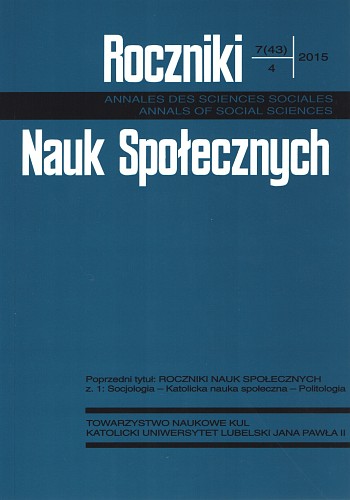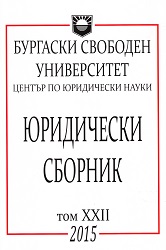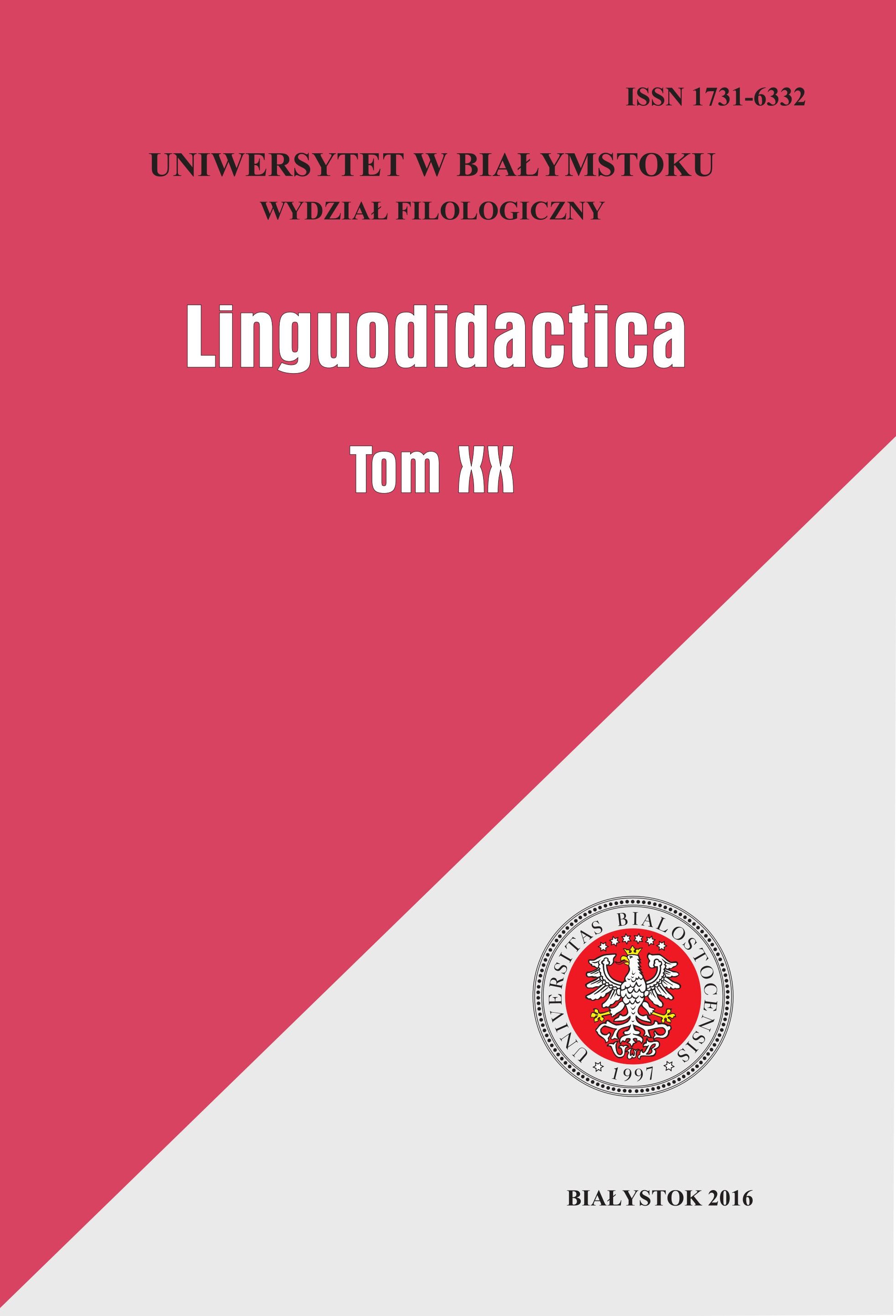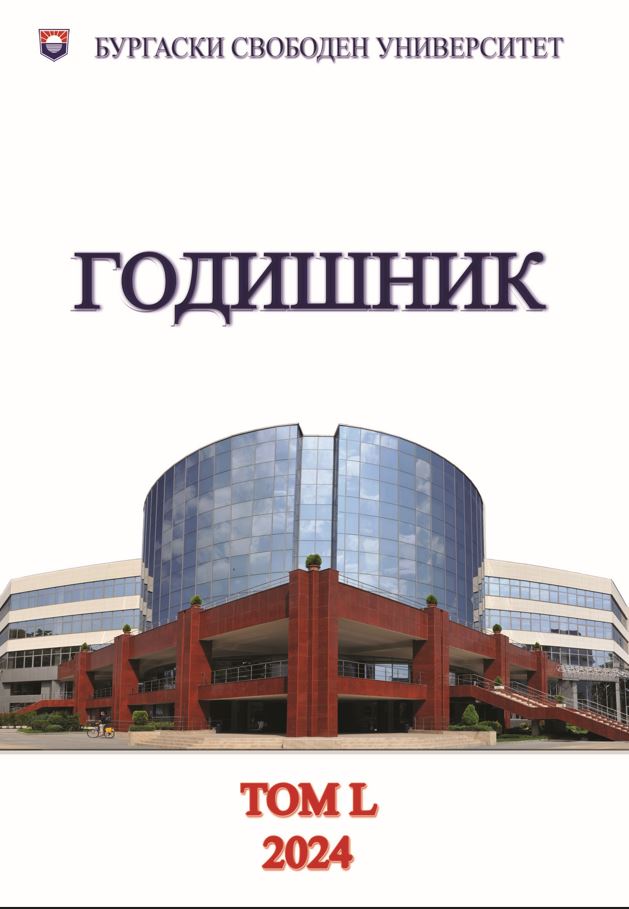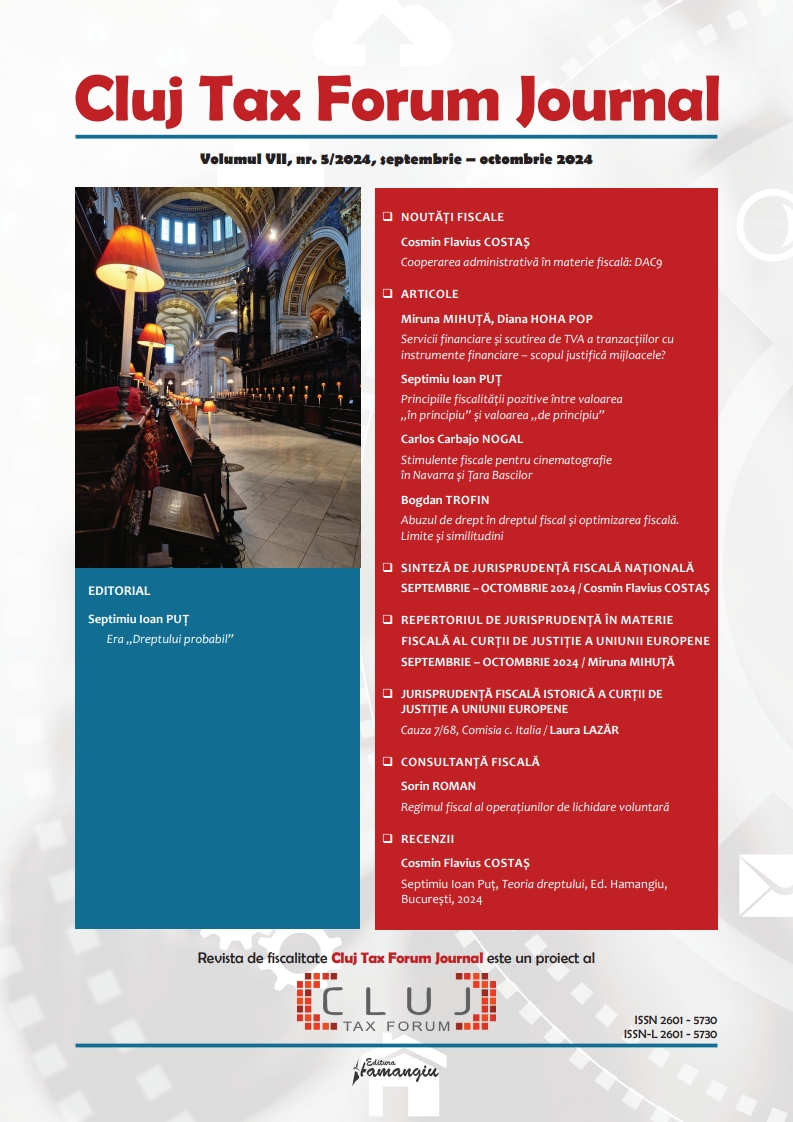
Виникнення прав та обов'язків у піклувальника по відношенню до неповнолітніх осіб та осіб, обмежених у цивільній дієздатності (відповідно до ЦК України)
Problem setting. In accordance with the Civil Code of Ukraine guardianship and trusteeship are established to provide personal non-property and property rights and interests of minors, and adult persons who for health reasons can not independently exercise their rights and responsibilities (article 55 of the Civil Code). The main difference between guardianship and trusteeship is in the volume of civillaw responsibilities which the law imposes on Trustees and Guardians, based on the volume capacity and the health status of their wards. Thus, the trustee is appointed over the minor and persons wichare incapasitated individual, the trustee, the guardian is appointed over minors and individuals that have limited civil capacity. The Civil Code of Ukraine pays considerabl attention to the guardian's responsibilities, which include: 1) to care for a ward, about his education, training and development, to create the necessary living conditions; 2) to provide that minors and persons limited civil capacity of care and treatment; 3) to provide the necessary conditions for obtaining a General secondary education; 4) to take measures to protect civil rights and interests; 5) once a year to carry out a full medical examination; 6) to determine the place of residence of the ward person. To the rights of the Guardian in the legislation: 1) to demand in court the return of his child under his guardianship from any person who illegally hold on to it; 2) live together with the ward and can be registered on a residential square, the latter for the period of their responsibilities execution; 3) to manage the assets of the ward; 5) may be voluntarily released from fulfillment of the assumed obligations
More...


